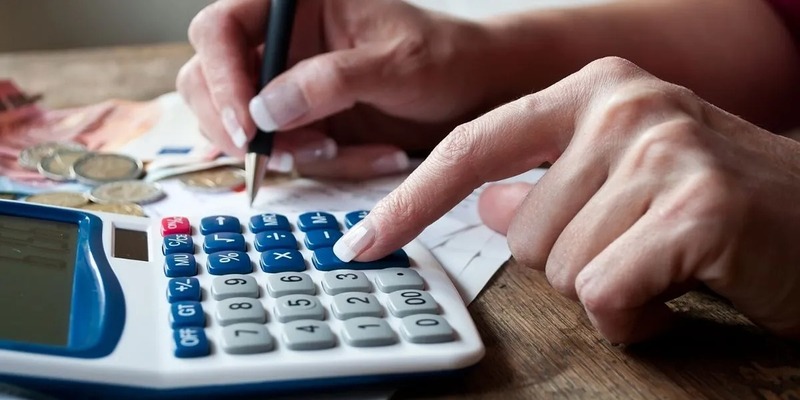Many Americans are bracing for the potential of a recession as inflation and interest rates rise. Many of the population feels the effects of the most extraordinary inflation the United States has experienced in half a century, despite historically low unemployment rates.
Most of the experts we questioned also believe that a recession will begin around the middle of 2024, so that's something to keep in mind. You may wonder how to pay down your debt while financially afloat if you have an obligation you need to pay off and are having trouble making ends meet due to the economy.
The best way to prepare for a recession is to pay off whatever debt you have, especially if it has a variable interest rate or is high. In times of economic instability, it may be more necessary to save money, especially if you don't have a robust safety net. How to manage your debt?
Strategies for Dealing with Debt in Hard Times

With a potential recession coming and many Americans struggling to handle monthly costs, it can be hard to know whether to focus on growing savings or attempting to pay down high-interest debt before the economy becomes more unstable. How you now stand monetarily is a crucial factor in determining the response.
Even if you have some money set aside for emergencies, high-interest debt should be paid off first. If you have a loan or line of credit with fluctuating interest rates, this is very important to keep in mind. How to manage your debt effectively?
Recession-Proof Your Finances By Doing An Evaluation
Many people blow their whole budget when they believe the economy is on the upswing. However, given the current state of affairs, reducing spending is prudent. Go over your budget category by category.
Give up any unnecessary subscriptions or memberships, such as an unused streaming service or a gym membership you never use. Don't stop there, though. If you find yourself in a tight spot, it's helpful to have a list of potential cost-cutting measures. Do you frequent the upscale supermarket in your neighbourhood?
Try To Find An Extra Job
While unemployment numbers continue to stay low, an impending recession implies corporations will undoubtedly start making cuts. Think of this as your budget and try to come up with alternatives.
That means doing something on the side, like establishing a business or working part-time at a store or restaurant. Put the windfall toward building up your savings or paying off high-interest debt. Hopefully, your current job will stay the same.
If something unexpected happens, having a backup source of income might help you weather the storm for longer.
Try Your Best To Pay The Minimum At Least Each Month
Debt repayment should be your priority, right up there with housing costs and food. If you don't, it will negatively affect your credit rating. So, the cost of borrowing money will rise in the future. Before all else, don't let forgetfulness force you to miss a payment.
Construct a mechanism to prompt you periodically. Two options are a smartphone calendar or a post-it note taped to a visible surface. Second, set aside what you can each month to meet those minimum obligations.
Pre-Recession Credit Card Debt Reduction

Since credit card debt typically carries a higher interest rate than other forms of debt, it should be paid off quickly. The average interest rate on a credit card is now above 19 per cent, and it's significantly higher for people with poor credit.
Suppose the Federal Reserve does raise interest rates again as predicted. In that case, the interest rate on your credit card debt will likely continue to rise as credit cards are variable-rate products.
A reduced interest rate may be negotiated with your creditor, significantly if your credit score had increased when you first applied for the card.
Reducing Debt Just Before a Downturn
Personal loans and automobile loans, in contrast to credit cards, often have set interest rates. Therefore, existing borrowers of such loans need not be concerned about a possible increase in interest rates due to the economic downturn. In addition, there are often prepayment penalties for personal loans.
If you have a personal or vehicle loan with a fixed interest rate and can afford the monthly payments, you should keep it. Consider moving your debt to a lower-interest product if you have trouble making monthly payments.




